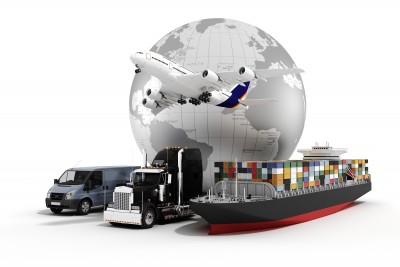The CBSA manages trade compliance with the Tariff Classification, Valuation, and Origin programs using the following two post-release verification processes:
- Random verifications
- Verification priorities.
Random verifications
Random verifications are designed to measure compliance rates and revenue loss and the results may be used for many purposes, including:
Risk assessment;
Revenue assessment; and
Promoting voluntary compliance.
Verification priorities
Targeted verification priorities are determined through a risk-based, evergreen process, meaning that new targets are added throughout the year. Verification priorities may also be carried over from previous years.
The information on the various Trade Compliance Verifications in progress are available at:
http://www.cbsa-asfc.gc.ca/import/verification/menu-eng.html
The following are SOME of the items listed. For the complete list, visit the website above.
Tariff Classification:
Current Verification priorities are available at the website above.
What follows is a list of New Priorities established in October 2016 for the following items:
Olive Oil: HS Headings:15.09 and 15.10
Photographic Film: HS Heading 37.02
Stone Blocks and Slabs: HS Headings 25.14, 24.15 and 25.16
Railway Equipment: HS Heading 86.08
Sausages and Similar Products: HS Heading 16.01.2017
Sacks and Bags under Tariff Item 9903.00.00 HS Headings 39.23 and 36.05:
Please note that 9903 falls under Conditional Relief Items described as “for use in”. CBSA requires importers maintain the records and “(a) a certificate or other record signed by the user of the commercial goods that shows the user’s name, address and occupation and indicates the actual use made of the commercial goods;”-(From the Imported Goods Records Records Regulations SOR/86-1011 website: http://laws.justice.gc.ca/eng/regulations/SOR-86-1011/page-1.html#h-2)
Valuation Priorities continue for:
Apparel: Apparel continues to be a priority and covers Various Goods of Chapters 61 and 62.
Preparations and Pastrycooks’ Products : Various Goods of Chapter 19
Origin Priorities continue for:
T-Shirts HS Heading 61.09-Results from the first round show that some goods classified do NOT qualify under NAFTA.
Jewelry: HS numbers 7113.11.90, 7113.19.90 and 7113.20.90. The risk identified is that jewelry classified here may not meet specific rule of origin and therefore not qualify under NAFTA.
Martha Kirby, M.Ed. CCS,
Mgr-Consulting & Compliance
Thompson Ahern International



 uto sector alone, and lead to higher prices and less choice for American customers, Michigan-based Center for Automotive Research (CAR) says.
uto sector alone, and lead to higher prices and less choice for American customers, Michigan-based Center for Automotive Research (CAR) says.
